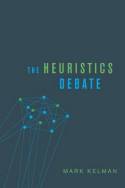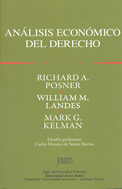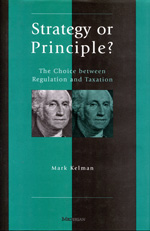The heuristics debate
- ISBN: 9780199755608
- Editorial: Oxford University Press
- Fecha de la edición: 2011
- Lugar de la edición: New York. Estados Unidos de Norteamérica
- Encuadernación: Cartoné
- Medidas: 24 cm
- Nº Pág.: 352
- Idiomas: Inglés

All of use heuristics--that is, we reach conclusions using shorthand cues without utilizing or analyzing all of the available information at hand. For instance, when we tell someone we walked 'a mile,' we might not know if we actually walked that distance precisely, but we know that if we tell someone that distance, the listener will have a good sense of the distance from point A to point B. Heuristics pervade all aspects of life, from the most mundane practices to more important ones like economic decision making and politics. The study of heuristics originated in psychology, but in recent years, behavioral economists like Daniel Kahneman have studied how heuristics shape our economic decisions. Not surprisingly, opinions vary about our tendency to use heuristics. The 'heuristics and biases' school argues that the practice often leads to outcomes that are not ideal: people act on too little information, make incorrect assumptions, and don't understand the consequences of their actions. The 'fast and frugal' school contends that while mistakes will inevitably occur, the benefits--prompt action that leads to real achievements, as opposed to paralysis-by-analysis--generally outweigh the costs. In The Heuristics Debate, Mark Kelman takes a step back from the chaos of competing academic debates to consider the wealth of knowledge that a more expansive use of heuristics can open up. Removing the concept from the realm of economic cost-benefit analysis and into the practical, relevant domains of public and private life, Kelman uncovers a powerful tool for understanding the relationship between human reasoning ad public policy. Can we figure out more optimal modes of disclosure to consumers, or better rules of evidence and jury instructions if we understand more accurately how people process information? Can we figure out how best to increase compliance with law if we understand how people make decisions whether or not to comply? Will democratically responsive bodies regulate risk better if we understand how the public overestimates and underestimates potential risks? Alongside a penetrating analysis of the various schools of thought on heuristics, Kelman ultimately offers a comprehensive account of how heuristics shapes--and misshapes--law and policy in America. The Heuristics Debate is a groundbreaking work that will reshape how we think about the relationship between human psychology, the law, and public policy. The book will appeal to advanced students and scholars of law, business and public policy, both for its insight into decision-making as well as its overall relevance to each of these fields. It will also be of interest to undergraduate psychology students, particularly those looking at the relationship between psychology and public policy.








